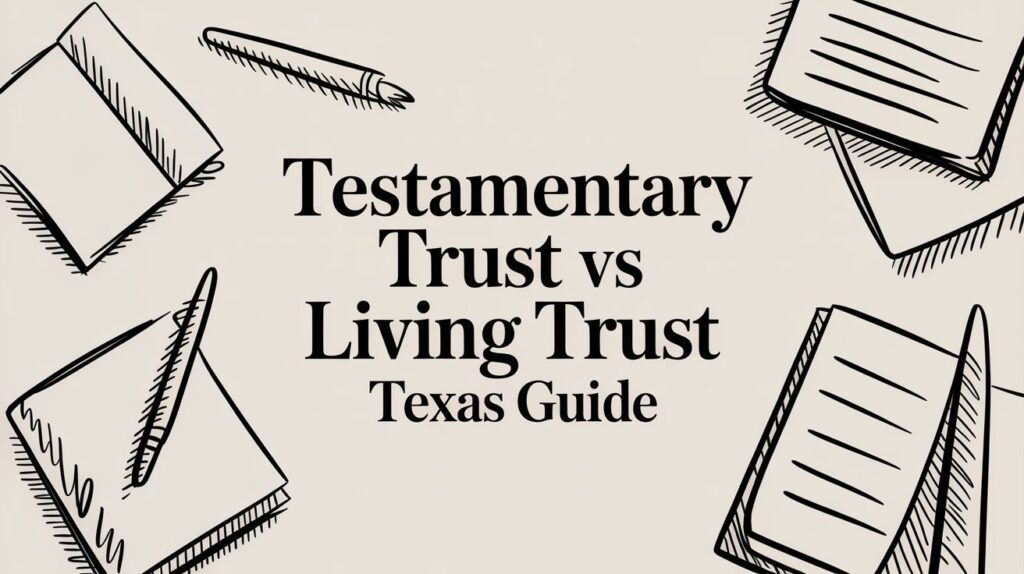Taxes are mandatory financial contributions governments impose on individuals, businesses, and other entities to fund public services and government functions. Taxes are collected by government authorities at various levels, such as federal, state, and local, and they serve several purposes. Some of these include:
Funding Government Services:
Taxes are the primary source of revenue for governments at various levels (federal, state, and local). They provide the necessary funds to maintain essential public services and infrastructure, such as schools, healthcare systems, roads, and law enforcement.

Supporting Social Programs:
Taxes enable governments to finance social safety nets, welfare programs, and assistance for vulnerable populations. This ensures that citizens have access to healthcare, unemployment benefits, food assistance, and other forms of support in times of need.
Redistributing Wealth:
Progressive tax systems, where higher-income individuals pay a larger portion of their income in taxes, help reduce income inequality by redistributing wealth. This contributes to a more equitable society.
Economic Stabilization:
Taxation can be used as a tool for economic management. Governments can adjust tax policies to stimulate economic growth, control inflation, and respond to economic crises, helping maintain economic stability.
Infrastructure Development:
Taxes fund the construction and maintenance of critical infrastructure, such as roads, bridges, airports, and public transportation systems. These infrastructure projects support economic growth and improve quality of life.
National Defense:
Taxes finance national defense and the military, ensuring a country’s security and sovereignty. This includes funding the armed forces, intelligence agencies, and defense technology.
Healthcare and Education:
Taxes contribute to healthcare systems and educational institutions, making healthcare and education accessible to a broader population.
Environmental Protection:
Tax policies can encourage environmentally friendly practices and fund initiatives to combat climate change and protect natural resources.
Public Goods:
Taxes support the provision of public goods and services that benefit society, even if individuals may not directly use or pay for them. These include clean air, safe drinking water, and public parks.
Legal System and Law Enforcement:
Taxes fund the legal system and law enforcement agencies, ensuring justice administration and law and order maintenance.
In summary, taxes are crucial for the functioning of governments and the well-being of their citizens. They facilitate the provision of public services, promote economic stability, reduce inequality, and support the infrastructure and institutions that underpin modern societies.
Types Of Taxes Imposed In Texas
Texas imposes several taxes to generate revenue for state and local government services. Here are some of the key types of taxes applicable in Texas:
Sales Tax:
Texas’s state sales tax is currently set at 6.25%. Local jurisdictions (cities, counties, special purpose districts) can impose additional sales taxes, resulting in varying total sales tax rates across the state. Sales tax is applied to selling most tangible personal property and some services.
Property Tax:
Texas property taxes are primarily used to fund local government services, including schools, municipalities, and counties. Property taxes are assessed on the appraised value of real property (land and buildings) and, in some cases, personal property. Property tax rates vary by location.
Franchise Tax:
The Texas franchise tax is a tax on the privilege of doing business in the state. It applies to most types of businesses, including corporations, partnerships, and LLCs. The tax rate and reporting requirements vary based on a business’s revenue and legal structure.
Motor Vehicle Sales Tax:
Buyers in Texas are subject to a motor vehicle sales tax. This tax is based on the vehicle’s sales price and is in addition to the regular state and local sales taxes.
Motor Fuels Tax:
Texas imposes taxes on motor fuels, including gasoline and diesel. These taxes are collected at the wholesale level and contribute to the state’s highway fund, which supports transportation infrastructure.
Hotel Occupancy Tax:

Cities and certain counties in Texas can impose a hotel occupancy tax on overnight accommodations. This tax is typically levied as a percentage of the room rate and is used to promote tourism and support local attractions.
Alcohol Beverage Taxes:
Texas collects various taxes on alcoholic beverages, including excise taxes on beer, wine, and spirits. These taxes contribute to the state’s general revenue fund for specific purposes, such as funding trauma care facilities.
Cigarette and Tobacco Taxes:
Texas imposes taxes on selling cigarettes and other tobacco products. These taxes reduce tobacco use and contribute to the state’s general revenue.
Use Tax:
Use tax is a complementary tax to the sales tax. It applies when a taxable item is purchased out of state and brought into Texas for use, storage, or consumption. Use tax ensures that items purchased outside of Texas are subject to the same tax treatment as those purchased within the state.
Occupational Taxes:
Some professions and occupations in Texas may be subject to occupational taxes or licensing fees. Local authorities typically administer these taxes, which vary depending on the profession or occupation.
Probate In Texas
Probate in Texas is the legal process that occurs after someone passes away. Its primary purpose is to validate and administer the deceased person’s estate, which includes their assets, debts, and property.
How Does It Work?
1. Validation of the Will: If the deceased person left a will, the probate process begins by determining its validity. This requires confirming that the testator executed the will according to state laws and that it accurately reflects their wishes for asset distribution.
2. Appointment of Executor or Administrator: The court appoints an executor (if named in the will) or an administrator (if there is no will or no nominated executor) to manage the estate. This person is responsible for overseeing the entire probate process.
3. Inventory of Assets: The executor or administrator creates an inventory of all the assets and property owned by the deceased person. This includes real estate, bank accounts, investments, personal belongings, and more.
4. Notification to Creditors: Notice is provided to creditors, allowing them to make claims against the estate. This settles outstanding debts using the estate’s assets.
5. Debt Payment: The estate pays its debts, including funeral expenses, taxes, and outstanding loans, from its assets. State law dictates a specific order for these payments.

6. Asset Distribution: The executor settles the debts and expenses, then distributes the remaining assets to the beneficiaries according to the terms of the will. If no will exists, the state’s intestate succession laws dictate how to distribute the assets.
7. Court Supervision: The court supervises the probate process to ensure fair and lawful conduct.
It’s important to note that not all assets go through probate. Assets held in joint tenancy, with designated beneficiaries (like life insurance policies), and in trusts typically bypass the probate process.
Remember:
Probate laws can vary by state, so the specific procedures and requirements may differ depending on where the deceased lived. In Texas, the probate process can vary in complexity depending on the size of the estate and whether there are disputes among beneficiaries or creditors. To navigate this process effectively and ensure respect for the deceased person’s wishes while adhering to Texas laws, you should consult with an attorney experienced in Texas probate law.








